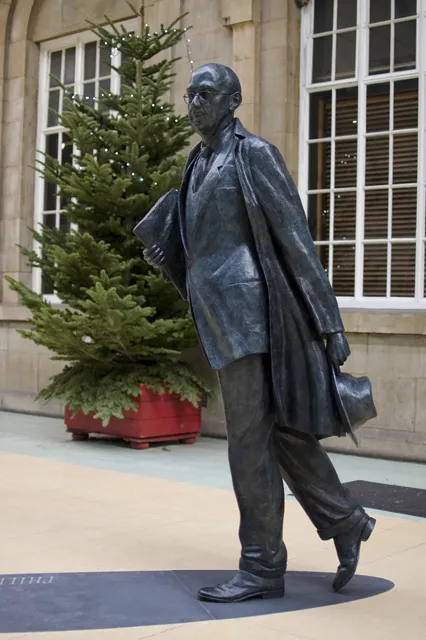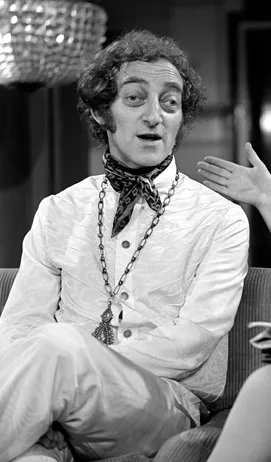
Name: George T. Sakato
Nationality: American
Occupation: Soldier
Notable Award: Medal of Honor recipient
Birth Year: 1921
Death Year: 2015
George T. Sakato: A Life of Valor and Legacy
In the mid-20th century, a young man found himself grappling with the weight of two worlds. Born in 1921 to Japanese immigrant parents in the heart of Los Angeles, George T. Sakato’s childhood was framed against the backdrop of a rapidly changing America a nation that often viewed him through a lens clouded by prejudice. As World War II erupted, life as he knew it transformed dramatically, leading him down an unforeseen path toward valor and sacrifice.
At 22 years old, when most men were busy starting careers or settling into familial roles, Sakato took an unexpected leap into military service. The call to arms during WWII didn’t just beckon it roared through America like thunder. He enlisted in the U.S. Army and joined the renowned 442nd Regimental Combat Team, a unit composed predominantly of Japanese Americans eager to prove their loyalty amid rampant discrimination and doubt.
Despite being labeled as 'enemy aliens' by many fellow citizens, they donned their uniforms with pride perhaps as a way to assert their identity amidst widespread suspicion and fear. As George marched off into battle alongside his comrades many of whom had also faced similar prejudice they shared one collective aim: to fight for freedom while dispelling stereotypes that had unjustly tarnished their heritage.
The campaign they embarked upon was fraught with peril; Europe was mired in conflict as Allied forces engaged tirelessly against Axis powers across treacherous terrains. Ironically, while fighting for democracy overseas, many members of Sakato's family were imprisoned in internment camps back home due to their ethnicity a brutal contradiction that would haunt them all.
On October 29th, 1944 while fighting valiantly in Italy during one of history's most fierce engagements the moment defining George’s legacy arrived unexpectedly on that blood-soaked battlefield near Bruyeres.Armed with unwavering courage and sheer determination, he found himself pinned down by enemy gunfire while leading his platoon during an assault on fortified German positions.Rather than retreating or waiting for reinforcements a course many might have considered given the dire situation he made an audacious choice: charging forward alone toward heavy machine-gun fire!
This decision wasn’t merely reckless; it was infused with an extraordinary sense of duty! After managing to destroy multiple enemy gun emplacements single-handedly using grenades and rifle fire Sakato rallied his fellow soldiers who followed suit under this unprecedented display of bravery! His actions resulted not only in securing crucial ground but also inspiring those around him who witnessed true heroism unfold before them.
The toll war takes is unfathomable... Perhaps amidst all this chaos lay his greatest challenge: how does one reconcile personal identity within such harsh realities? Who knows what thoughts raced through his mind at night as he lay beneath foreign skies? Would these battles redefine him forever? Or would he return home from combat only to find walls built higher than any fortress?
The aftermath revealed itself soon enough; weeks later came a day when awards were handed out like medals on parade grounds! Sakato received numerous accolades for gallantry but none shone brighter than the Medal of Honor bestowed upon him by President Harry S. Truman himself on June 24th, 1946.This recognition served dual purposes: honoring individual bravery while simultaneously challenging societal misconceptions about Japanese Americans.
However... returning home after such accolades proved more complicated than anticipated! Despite receiving acclaim on foreign battlefields where valor reigned supreme over prejudice it didn’t erase bitter memories etched deep within American soil the echoes still lingered long after bullets fell silent!
Sakato settled back into civilian life but remained steadfastly connected with fellow veterans from his unit the bonds forged under extreme duress unbreakable even decades later! He dedicated countless hours volunteering at various organizations aimed at supporting young generations facing adversity today.
A Legacy Resurrected
Arguably some legacies are more potent than others; indeed George T. Sakato’s story represents resilience against discrimination while highlighting how shared struggle can unite diverse communities! In particular years following World War II saw gradual changes across America regarding racial equality and yet challenges persisted...
Sakato carried not only personal triumphs but also burdens left unresolved from earlier eras directly onto modern discourse surrounding race relations within contemporary society.On April 15th each year commemorates events celebrated not solely by those directly impacted but rather recognizes sacrifices endured collectively throughout history a reminder resonating deeply among marginalized groups striving towards progress today!
A Lasting Impact
The impact George T. Sakato left behind reverberates loudly even today: programs promoting inclusivity have sprung up advocating tolerance based upon stories intertwined through sacrifices made long ago and consequently honor fallen heroes like him amongst newer generations realizing there remains much work yet unfinished...
The Day We Remember
"It is our responsibility to remember their sacrifices." – A poignant statement echoed widely during memorial services honoring brave souls."













